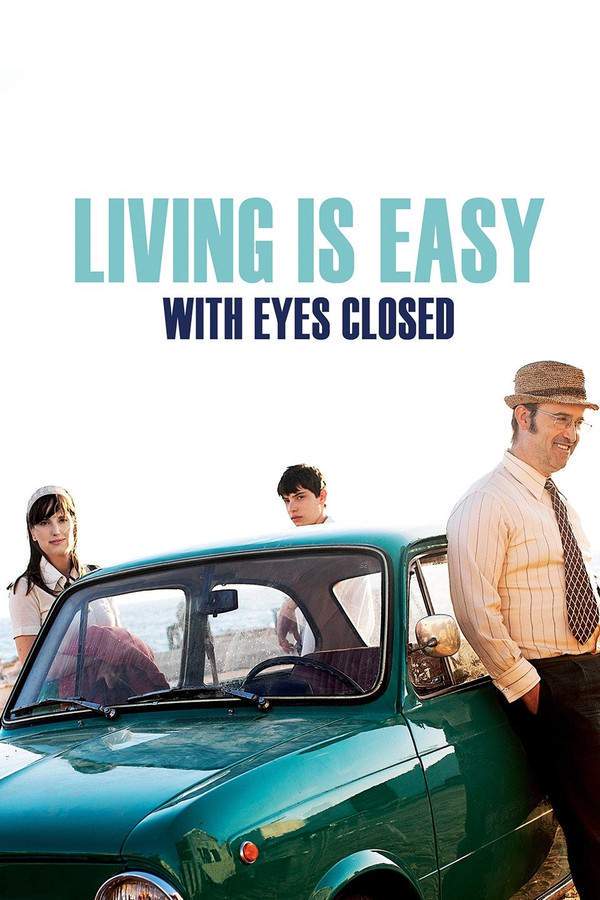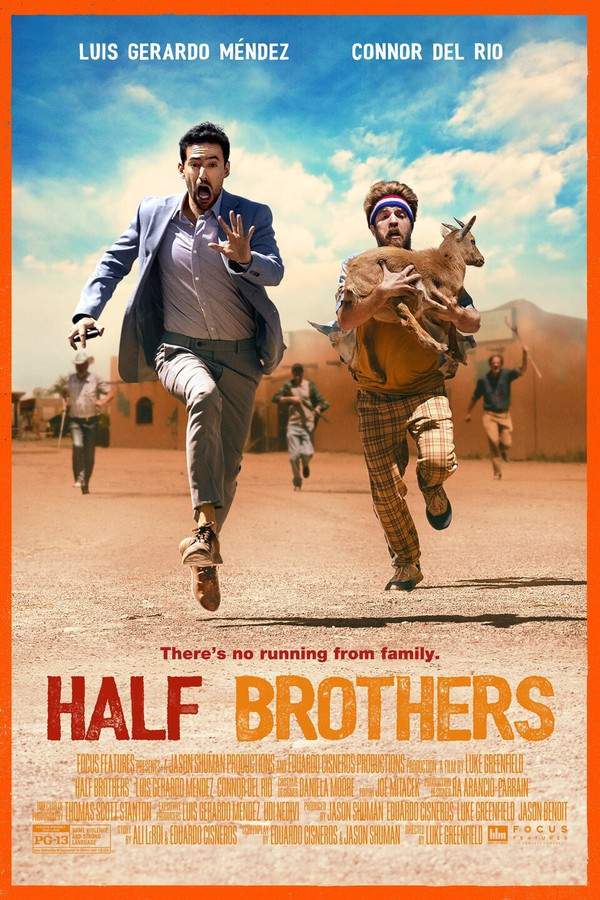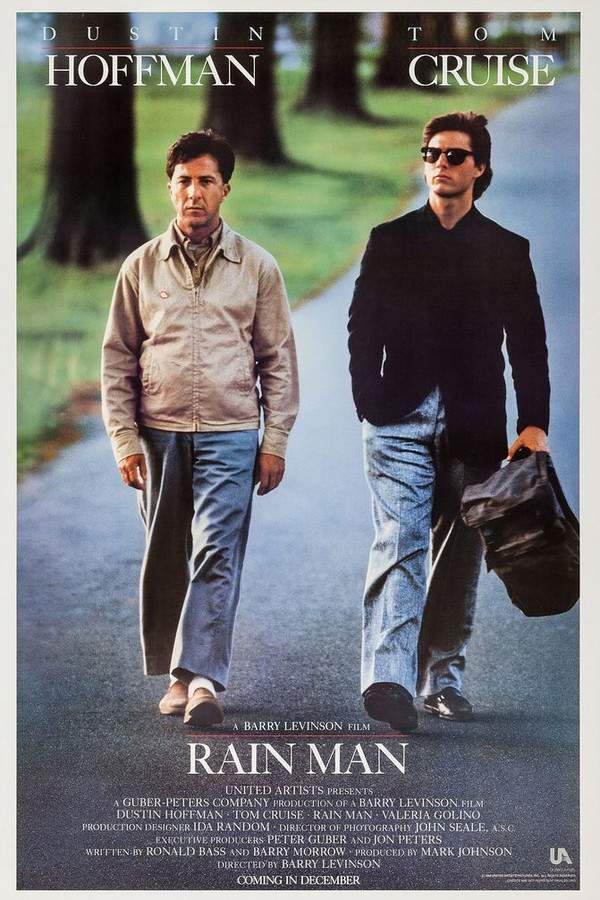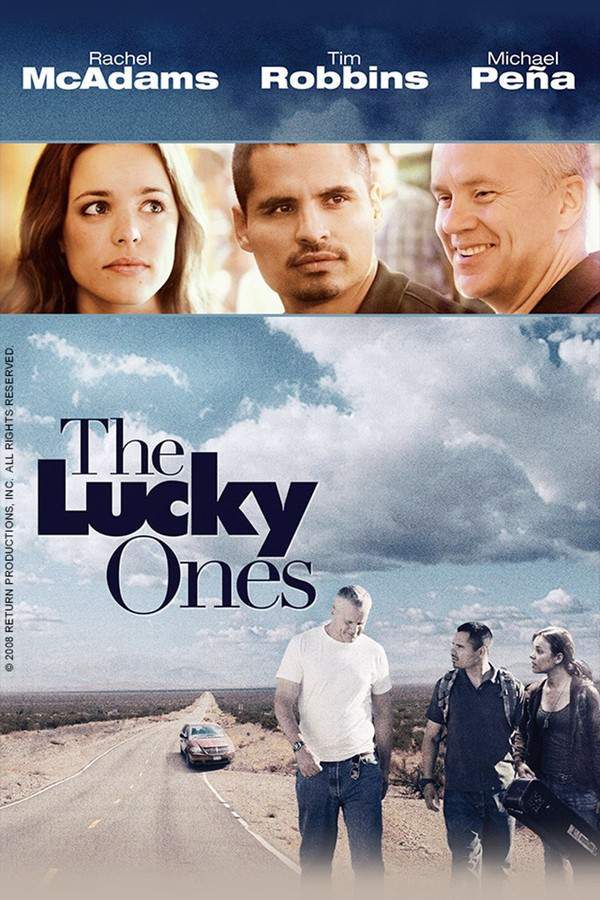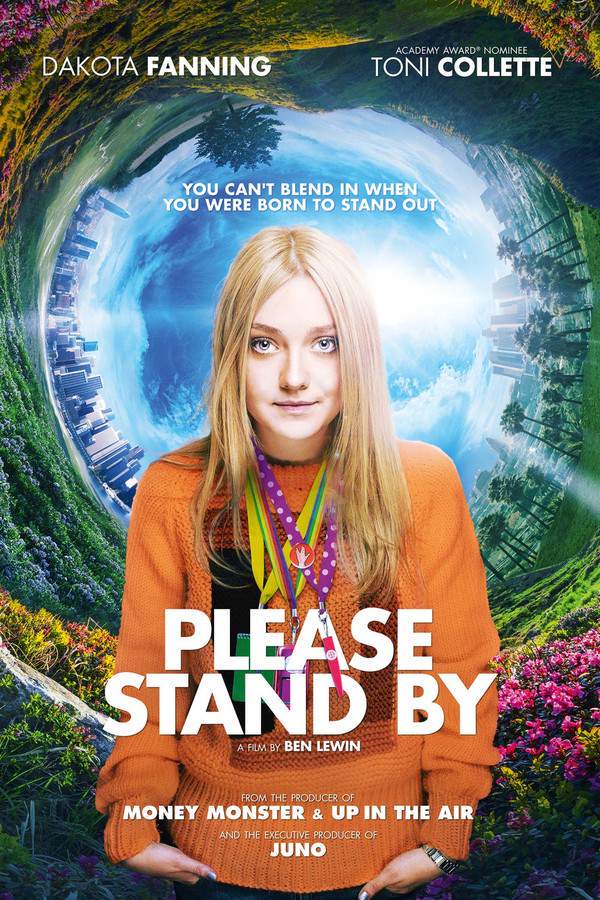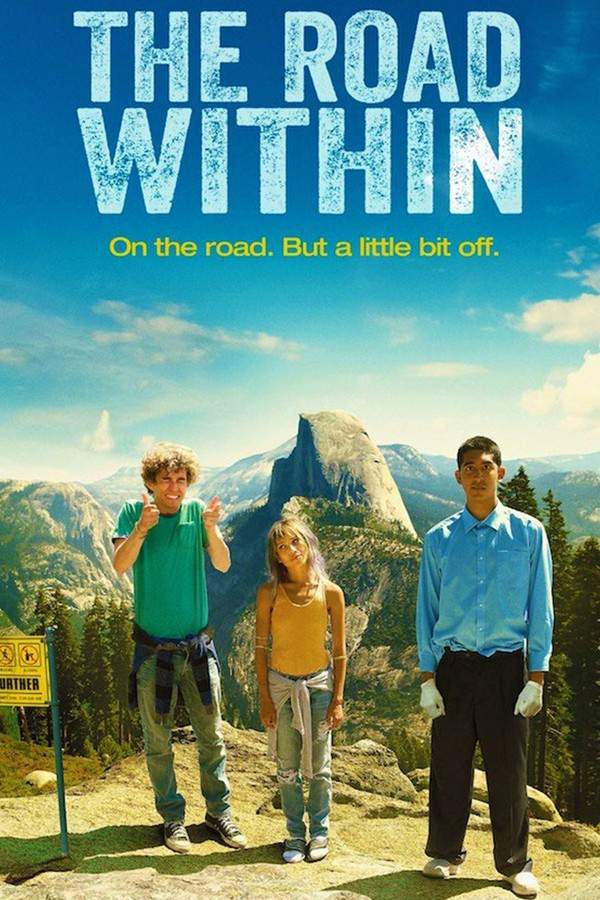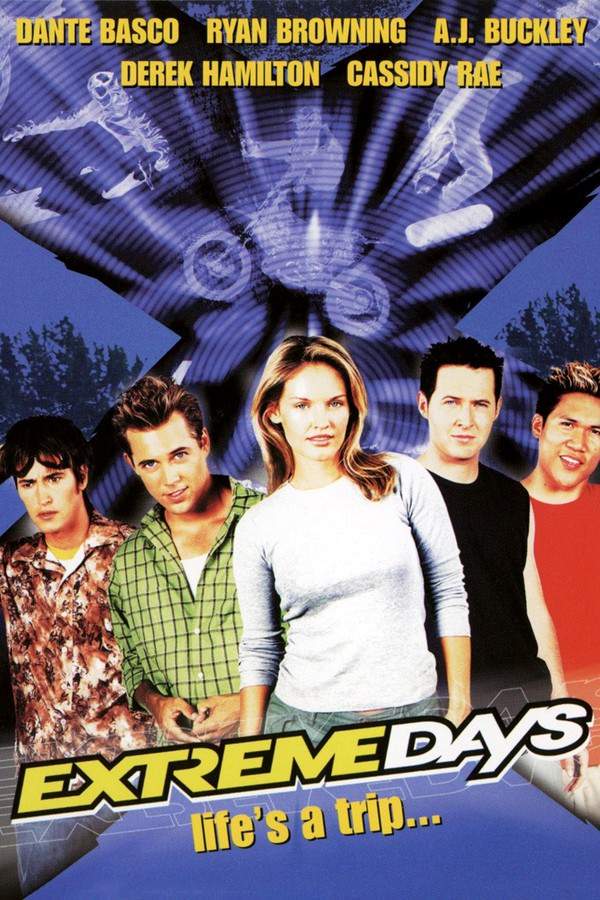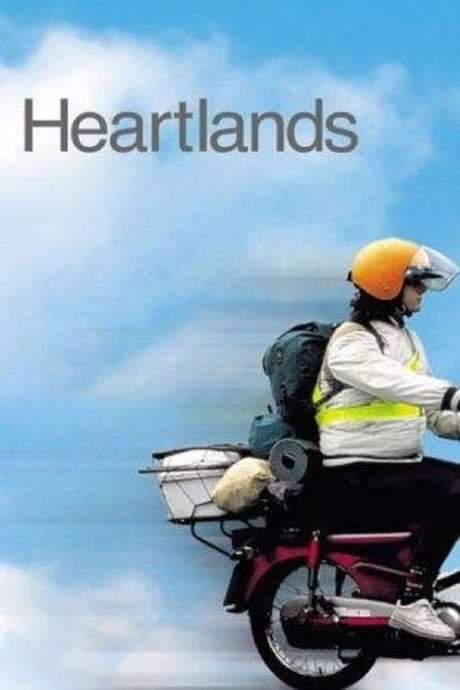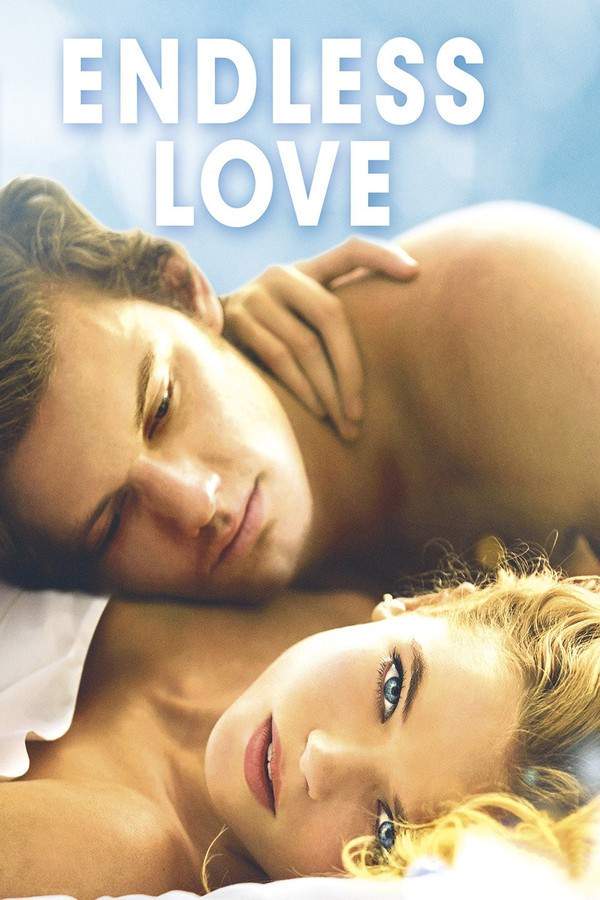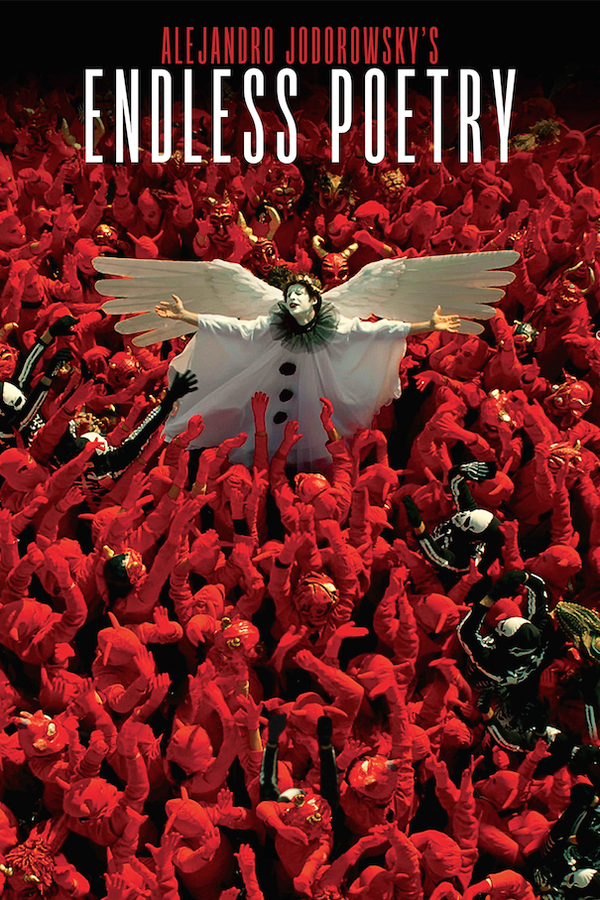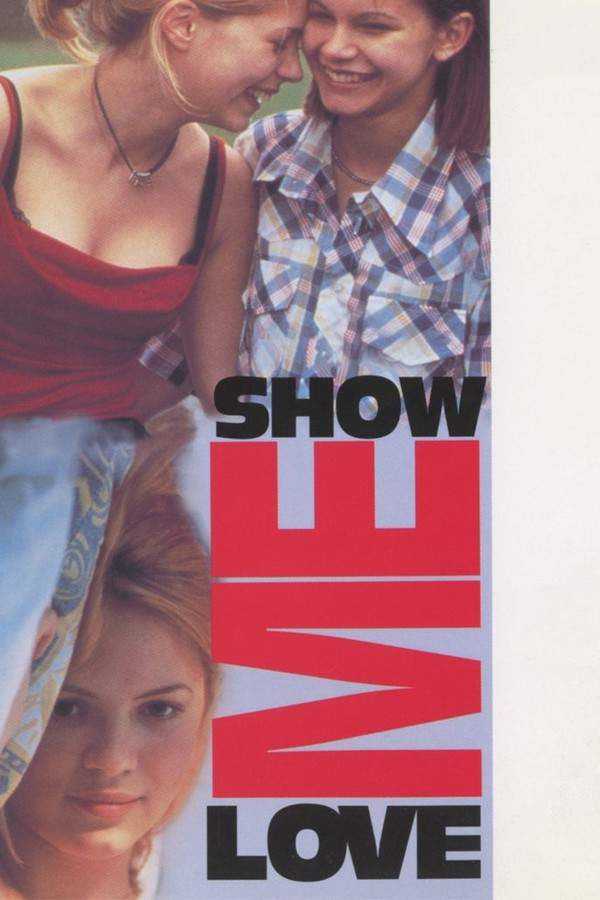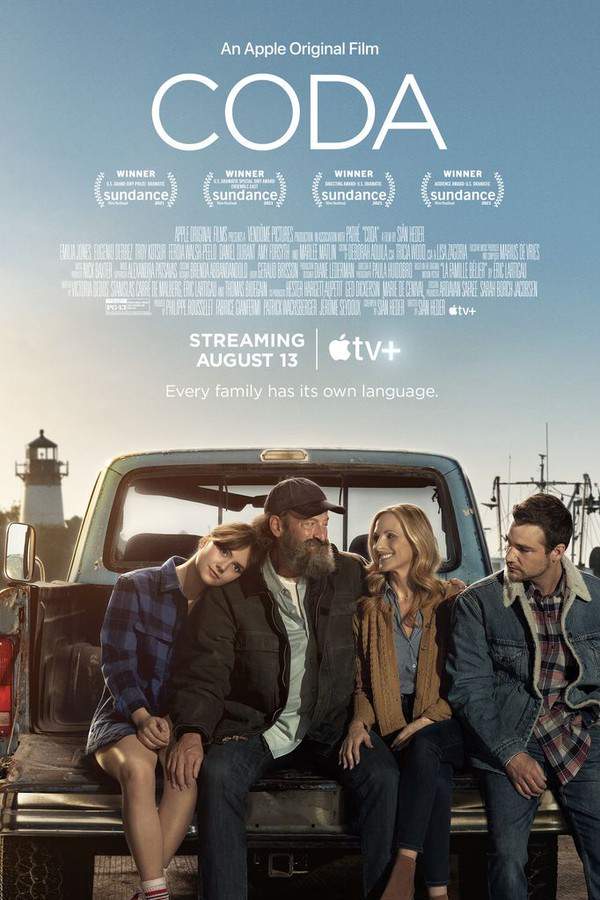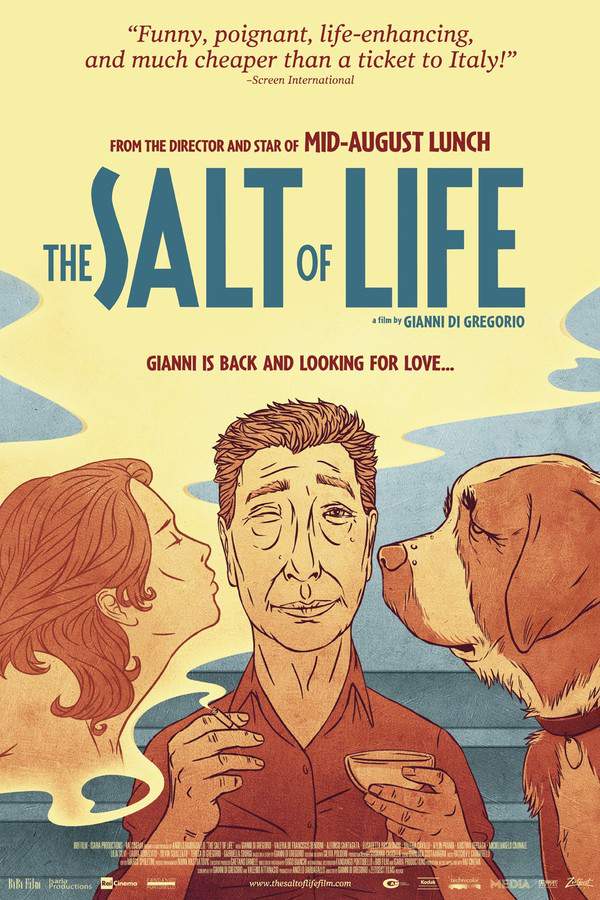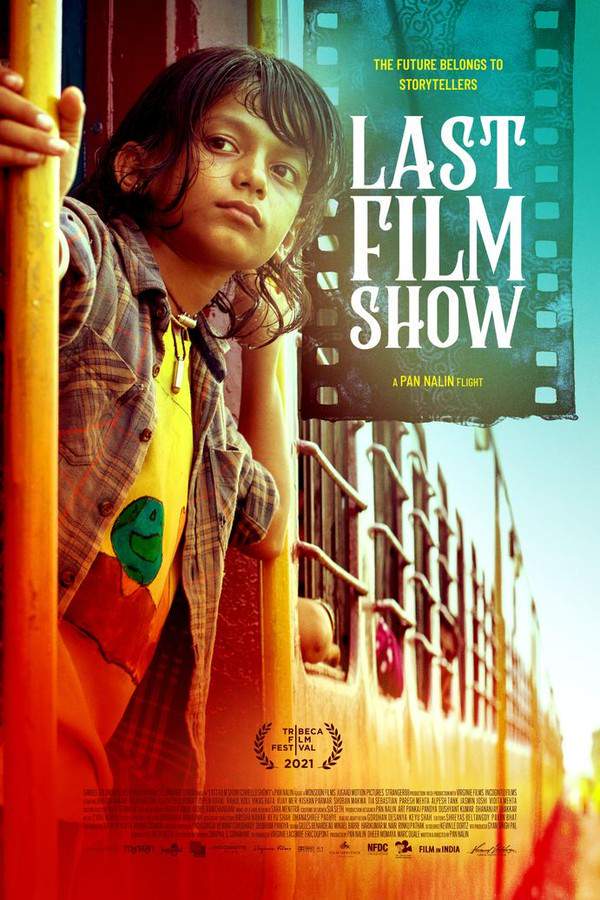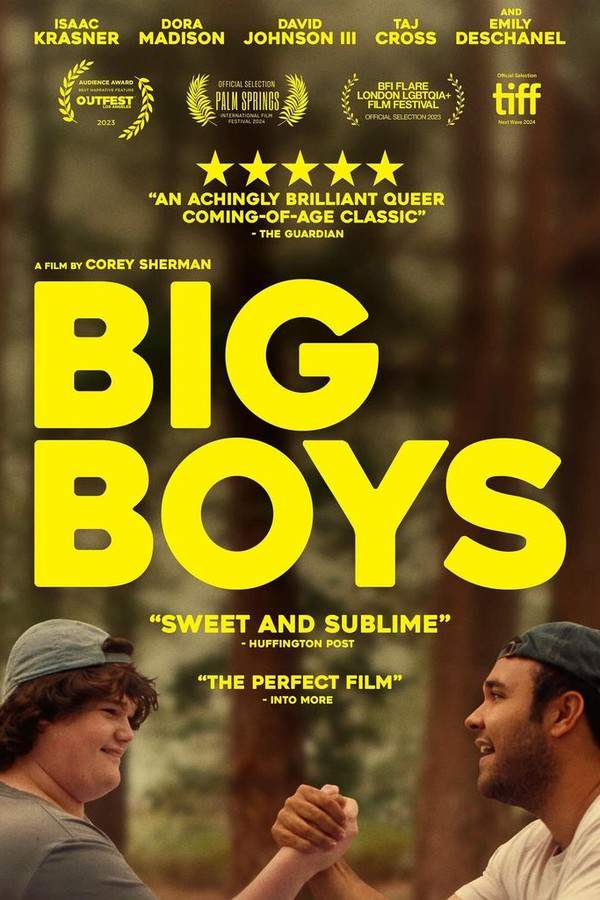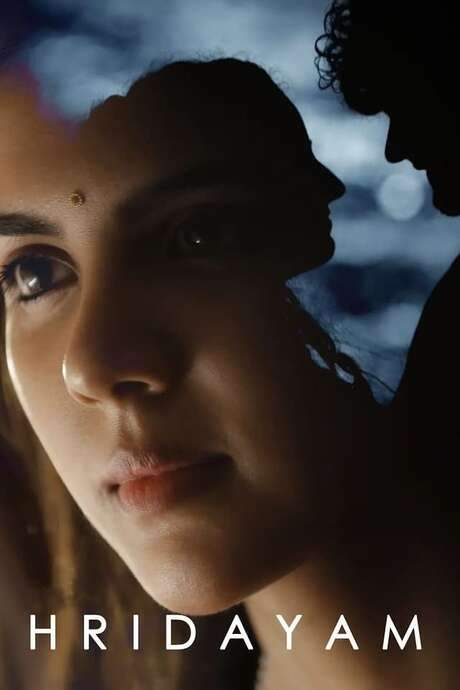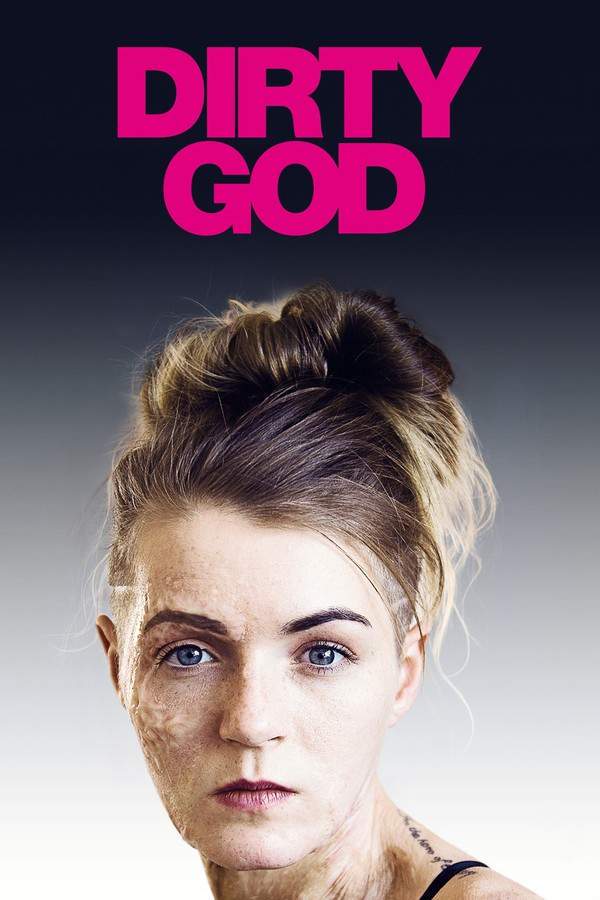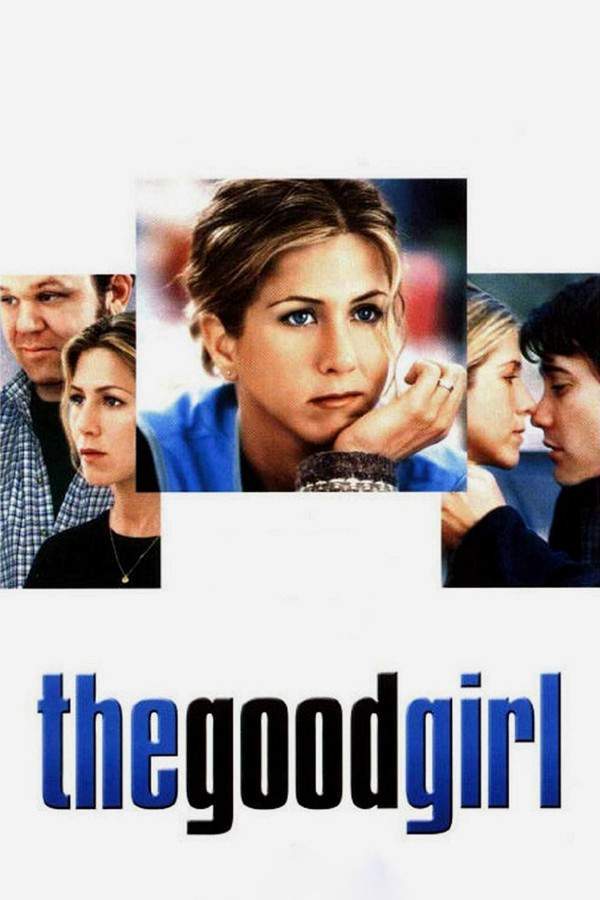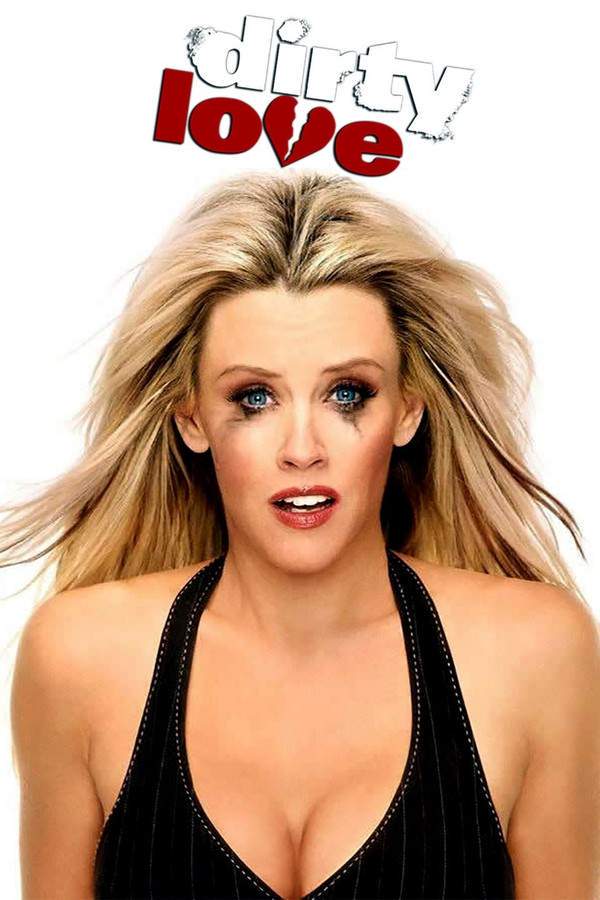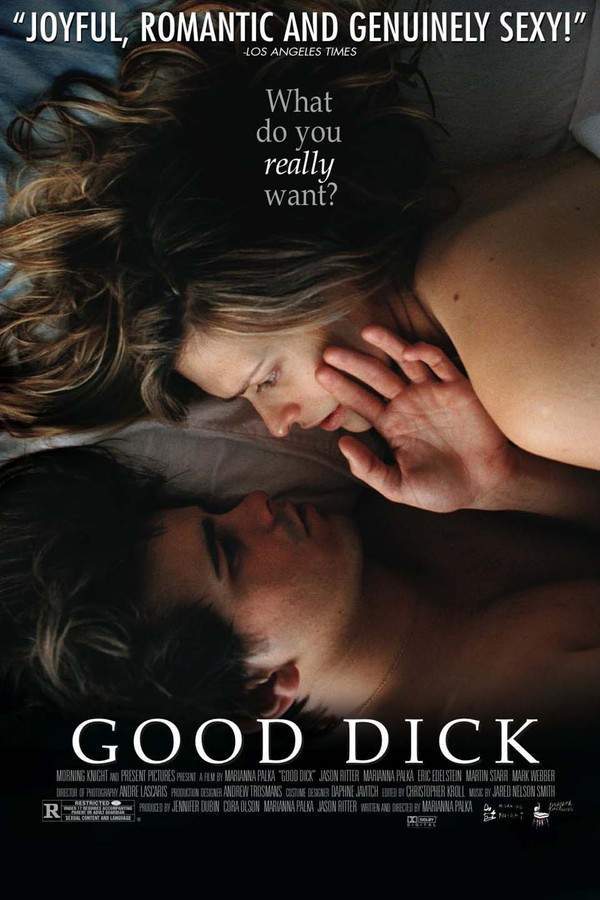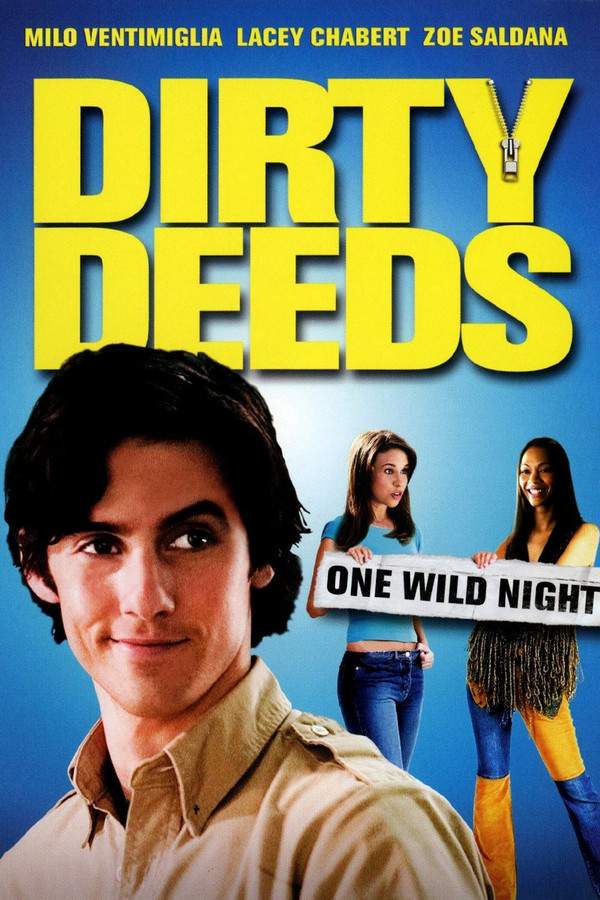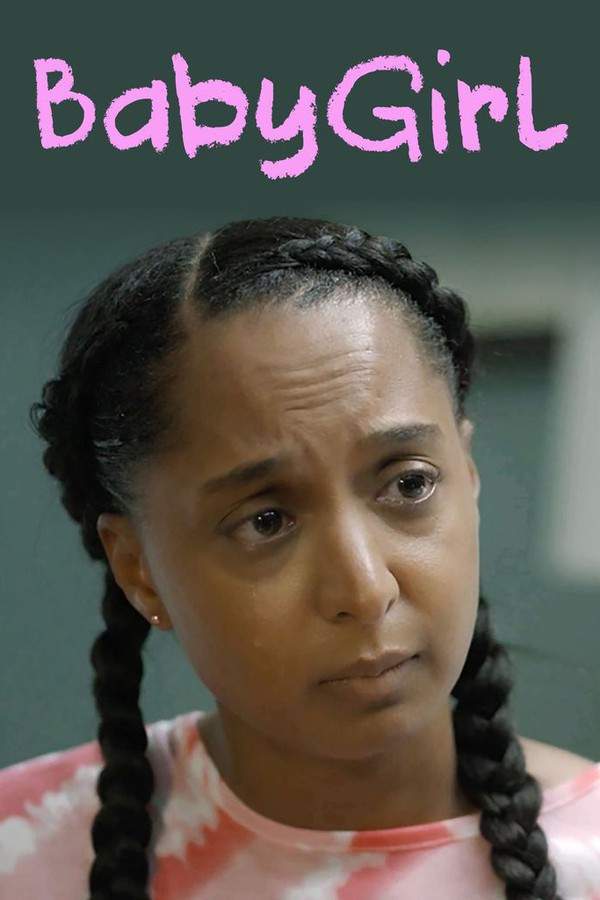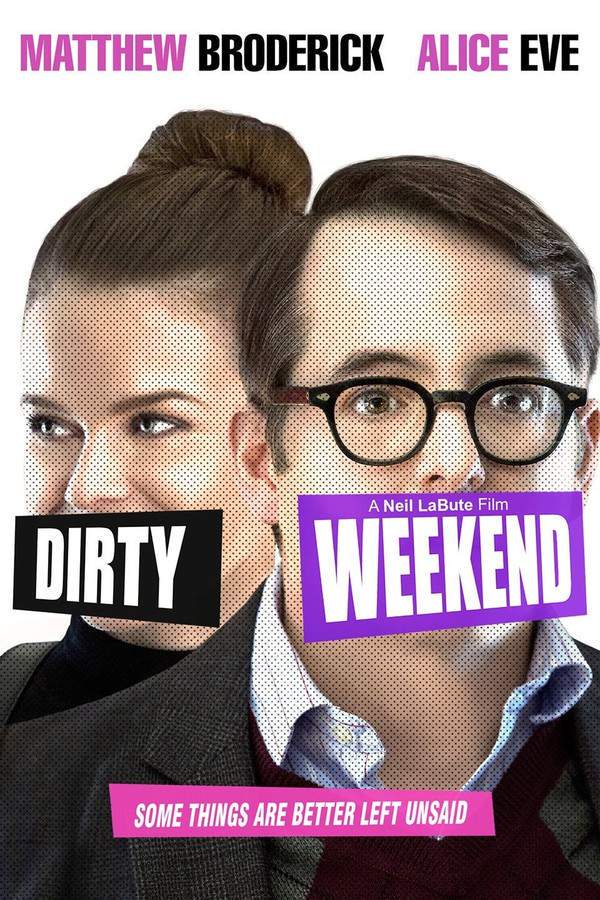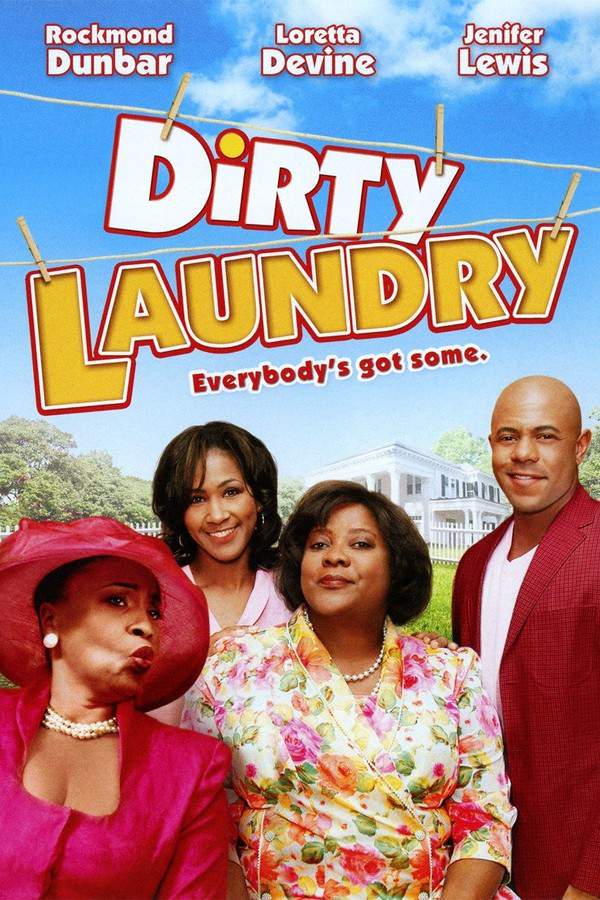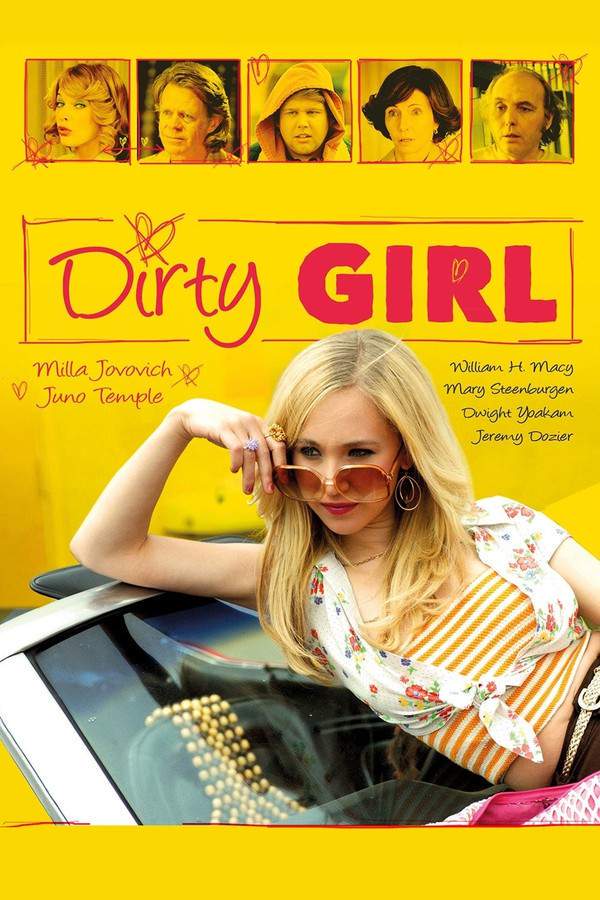
Dirty Girl
Year: 2011
Runtime: 90 min
Language: English
Director: Abe Sylvia
In 1987 Oklahoma, Danielle, a rebellious young woman, is sent to a remedial class where she meets Clarke, an awkward young man struggling with his own identity. Seeking to find her estranged father, Danielle convinces Clarke to join her on a road trip from Norman, Oklahoma, to California. As they navigate the country, they encounter various challenges and forge an unexpected connection, ultimately leading them on a journey of self-discovery and liberation from their complicated pasts.
Warning: spoilers below!
Haven’t seen Dirty Girl yet? This summary contains major spoilers. Bookmark the page, watch the movie, and come back for the full breakdown. If you're ready, scroll on and relive the story!
Dirty Girl (2011) – Full Plot Summary & Ending Explained
Read the complete plot breakdown of Dirty Girl (2011), including all key story events, major twists, and the ending explained in detail. Discover what really happened—and what it all means.
In 1987, the quiet edges of suburban Oklahoma City become a pressure cooker for a teenager named Danielle Edmondston, a troubled high school student whose restless energy clashes with a community that prizes conformity. Danielle is at odds with her mother, Sue-Ann, who is about to marry a Mormon named Ray, a union that deepens Danielle’s sense of being out of place in a town that prizes tradition. Amidst the friction at home and the weight of expectations around her, Danielle finds an unlikely ally in Clarke Walters, a shy classmate who is gay. The two form a bond that feels like a lifeline, and together they decide to flee, stealing away in a car owned by Clarke’s homophobic father, Joseph. Their destination is Fresno, California, where Danielle hopes to meet her birth father, Danny Briggs. Behind them, Sue-Ann and Clarke’s mother, Peggy, chase after them, each driven by a mix of concern, fear, and the stubborn belief that family should not be cruelly torn apart.
On the road, tension simmers and small confrontations mount. Joseph breaks into Danielle’s house in a bid to locate Clarke, only to discover the family has left for vacation; he’s arrested for the intrusion. From his jail cell he calls Peggy, who refuses to bail him out and makes it clear that she will not tolerate him harming Clarke any longer. The new dynamic between the parents foreshadows the larger questions about authority, love, and protective instincts that thread through the journey.
The trip hits a sharp turn when the pair pick up a hitchhiker named Joel. The encounter leaves Clarke with a lingering heartbreak when Joel has sex with him, and Clarke wakes up to find that Joel has disappeared by morning. Clarke blames Danielle for the sudden loss, a strain that flickers through their fragile alliance as they press on. A mechanical setback soon follows—their car breaks down, and a return to the road becomes complicated by the fact that Joseph has been released from prison and has reported their credit card stolen. With money tight and options shrinking, they slip into a bar to try to earn cash, only to discover it’s a biker gay bar. Danielle, determined to survive, enters a stripping contest, and the scene shifts the power dynamic in a way that forces Clarke to confront his own fears. Clarke is initially cheered as he dances, but Joseph barges in, complicating their precarious freedom. The prize money is seized and the two are hauled away in Joseph’s other car, a stark reminder that liberation often comes at a cost.
As the tension peaks, Clarke’s father provokes him into a physical confrontation, and he orders Danielle to flee. Danielle reaches a bus station, the weight of the day pressing down as she travels toward a new hope and a heavy sense of loss for Clarke. She eventually locates her father’s house, only to be met by her mother, who urges her to leave. The reunion is chilly, and her father’s warmth is overshadowed by a blunt honesty: he has a younger daughter and cannot offer what Danielle longs for. The emotional sting of rejection deepens Danielle’s resolve to find her own path, even as the ache of separation gnaws at her.
Back home, Danielle seeks out Clarke’s mother, who reveals a harsher truth about Clarke’s life: Clarke’s father has sent him to military school and moved into an apartment, while Clarke’s mother has decided to leave the marriage in the face of his cruelty. The revelation becomes a catalyst for both teens to reflect on what they’ve endured and what they might become. In a moment of catharsis, Danielle steps into a talent show and performs Melissa Manchester’s “Don’t Cry Out Loud,” a song that resonates with Clarke’s taste and their shared longing to be seen. The performance unfolds as a communal moment of vulnerability, and Clarke, dressed in a military uniform, joins Danielle on stage. The duet becomes a symbol of their evolving bond and mutual acceptance.
As the song swells to its emotional crest, Clarke confesses that his mother let him out early and that, at an all-boys school, he learned how to navigate popularity, sometimes with troubling sexual undertones, while also discovering the courage to stand up to his abusive father. His mother’s choice to divorce his father marks a turning point, and the two teens, now more resolute and authentic, climb back into Danielle’s car. The road ahead is uncertain, but their conversation and shared silence suggest a future where they can finally be themselves without the shackles of fear or disapproval.
Together, they drive toward the horizon, where Danielle’s rebellious edge softens into a tempered confidence and Clarke’s fear dissolves into a steadier sense of self. The ending offers a quiet optimism, a sense that love, acceptance, and the willingness to grow can illuminate a path through the darkest moments. The map ahead remains uncertain, but the journey has clarified who they are and what they can become when they choose to support one another and face the world with honesty.
Last Updated: October 09, 2025 at 15:39
Explore Movie Threads
Discover curated groups of movies connected by mood, themes, and story style. Browse collections built around emotion, atmosphere, and narrative focus to easily find films that match what you feel like watching right now.
Movies like Dirty Girl: Unlikely Duo Road Trips
Two unlikely companions find connection and chaos on the open road.If you loved the chemistry between Danielle and Clarke in Dirty Girl, explore more movies where mismatched companions hit the road. These stories feature characters finding unexpected friendship and confronting their personal demons on journeys of self-discovery, similar to the 1980s road trip in Dirty Girl.
Narrative Summary
These narratives follow a linear journey structure, using travel as a metaphor for personal growth. The plot is driven by the external goal of reaching a destination, which is intertwined with the internal goals of the characters. The journey is punctuated by episodic encounters that test and strengthen the duo's bond, leading to a climax where they must face a central truth about themselves or their relationship.
Why These Movies?
Movies are grouped here for their shared focus on the transformative power of a journey undertaken by an unlikely pair. The similarity lies in the balance between the external adventure and the internal emotional arc, the steady pacing of travel, and the bittersweet yet hopeful tone that comes from characters liberating themselves from their old lives.
Raw Coming-of-Age Stories Similar to Dirty Girl
Teenagers confront harsh family truths to find a fragile but real hope.For viewers who appreciated the raw and vulnerable portrayal of teen self-discovery in Dirty Girl, this collection features similar coming-of-age dramas. These movies share a focus on teenagers grappling with serious personal and family issues, leading to a bittersweet but ultimately hopeful conclusion, much like Danielle and Clarke's story.
Narrative Summary
The narrative pattern involves a protagonist, or pair of protagonists, who are forced to reckon with deeply uncomfortable truths about their home life or identity. Their rebellion or quest for answers leads them into emotionally intense situations. The resolution is not a perfect happy ending, but a meaningful step forward where the characters gain clarity and strength, often through a pivotal act of defiance or acceptance.
Why These Movies?
This thread groups movies based on their shared mood of raw vulnerability and their specific emotional arc: from pain and confusion to a bittersweet but genuine hope. The similarity is defined by a medium emotional weight, a focus on cathartic release from toxic situations, and an ending that feels earned rather than idealized.
Unlock the Full Story of Dirty Girl
Don't stop at just watching — explore Dirty Girl in full detail. From the complete plot summary and scene-by-scene timeline to character breakdowns, thematic analysis, and a deep dive into the ending — every page helps you truly understand what Dirty Girl is all about. Plus, discover what's next after the movie.
Dirty Girl Timeline
Track the full timeline of Dirty Girl with every major event arranged chronologically. Perfect for decoding non-linear storytelling, flashbacks, or parallel narratives with a clear scene-by-scene breakdown.

Characters, Settings & Themes in Dirty Girl
Discover the characters, locations, and core themes that shape Dirty Girl. Get insights into symbolic elements, setting significance, and deeper narrative meaning — ideal for thematic analysis and movie breakdowns.

Dirty Girl Spoiler-Free Summary
Get a quick, spoiler-free overview of Dirty Girl that covers the main plot points and key details without revealing any major twists or spoilers. Perfect for those who want to know what to expect before diving in.

More About Dirty Girl
Visit What's After the Movie to explore more about Dirty Girl: box office results, cast and crew info, production details, post-credit scenes, and external links — all in one place for movie fans and researchers.

Similar Movies to Dirty Girl
Discover movies like Dirty Girl that share similar genres, themes, and storytelling elements. Whether you’re drawn to the atmosphere, character arcs, or plot structure, these curated recommendations will help you explore more films you’ll love.
Explore More About Movie Dirty Girl
Dirty Girl (2011) Scene-by-Scene Movie Timeline
Dirty Girl (2011) Movie Characters, Themes & Settings
Dirty Girl (2011) Spoiler-Free Summary & Key Flow
Movies Like Dirty Girl – Similar Titles You’ll Enjoy
Dirty God (2020) Story Summary & Characters
The Good Girl (2002) Spoiler-Packed Plot Recap
Dirty Love (2005) Detailed Story Recap
Good Dick (2008) Movie Recap & Themes
Dirty Deeds (2005) Spoiler-Packed Plot Recap
Babygirl (2013) Full Summary & Key Details
Dirty Weekend (2015) Ending Explained & Film Insights
Dirty Laundry (2007) Full Movie Breakdown
Dirty God (2019) Plot Summary & Ending Explained
Dirty Affair (1990) Detailed Story Recap
Dirty Love (1988) Spoiler-Packed Plot Recap
Dirty O’Neil (1974) Movie Recap & Themes
Dirty Dancer (1996) Plot Summary & Ending Explained
Dirty Towel (2024) Detailed Story Recap
Dirty Magazines (2008) Ending Explained & Film Insights


